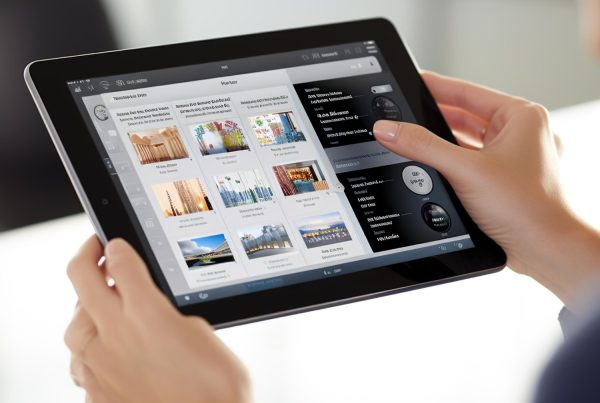Understanding the guest journey is critical in today’s digital age for optimising the online booking process and overall guest experience. New clients are more likely to become returning customers if your business can provide a seamless and efficient customer journey.
In this blog article, we’ll look at the different stages of the guest journey and how accommodation providers may improve their online booking experience to increase conversions and nurture guest loyalty.
First Impressions
The awareness stage of the visitor experience begins with potential guests researching various accommodation possibilities on a larger scale.
During this stage, it is critical for accommodation providers to have an informative and visually appealing website that will attract the customer’s attention over the website of a competitor. Create a user-friendly design that highlights your property’s distinct characteristics, facilities, and location. Potential guests will be captivated and encouraged to explore further if they see high-quality photography, engaging virtual tours, and informative explanations.
Booking Process Optimisation
When a potential guest decides to book your apartment, the booking process should be as simple and efficient as possible.
Implement an easy-to-use booking engine that allows guests to check availability, pick accommodation types, and complete their reservation all in one place. The simpler you make your booking process, the more likely the user is to remain on your website and reserve a stay. Avoid using multiple form fields and booking procedures to avoid friction, as this can lead potential customers off your website and toward competitor sites with a more streamlined booking process.
Personalisation
Consider including customised material into the booking process to engage users and improve the guest experience. Utilise data insights to make suggestions based on the guest’s preferences and previous interactions with your brand. Develop adjusted offers or packages that coincide with specific interests to create a sense of exclusivity and attract guests to book with your hotel.
By recognising each guest’s uniqueness and providing exclusive material that reflects this, you can persuade consumers to book a reservation, eager to partake in a specifically designed experience that awaits them. The booking process transforms from a transaction to a process that delights the guest by satisfying their particular needs and preferences during their stay, guided by data and customised with creativity.
Mobile-friendly Experience
With mobile devices accounting for a substantial amount of bookings, ensuring a mobile-friendly experience is critical. Having a mobile-friendly website is about recognising the expectations of today’s digital consumers by also accommodating mobile users. It’s a crucial part of offering a great user experience and make-or-break user engagement.
Search engines also reward mobile-friendly websites with higher ranking in the search results. To establish a website’s mobile-friendliness, Google’s algorithms consider characteristics such as responsive design, fast loading speed, and easy navigation on mobile devices. A mobile-unfriendly website may be penalised in search rankings, making it more difficult for users to find. Optimise your website and booking engine for mobile responsiveness so that guests can make reservations from their smartphones and tablets with ease, resulting in increased visibility and organic traffic.
The Payment Process
Streamlining the payment procedure is critical to avoiding booking cancellation.
Provide a variety of secure and trusted payment choices, and make any additional fees or charges transparent up front. When guests provide payment information, they should feel confident and reassured, establishing trust and reliability in your booking system.
After the Booking
When a guest completes their booking, send a confirmation email with the essential reservation details as soon as possible. Use this chance to provide additional information about the property, nearby attractions, and personalised recommendations to increase the guest’s excitement and anticipation for their stay.
Post-booking contact is a great chance to engage with guests and establish a long-term relationship. Every customer wants to be looked after, so making an effort to communicate with them throughout their stay is likely to lead to return bookings and increase customer loyalty for your business.
Subscribe to our newsletter and be sure to read our blog post next week to learn the next steps to successfully introducing AI into your content production strategy!

Transform Guest Experience: Map Your Brand's Customer Journey!
Understand and Optimise Every Touchpoint For a Better Stay.







